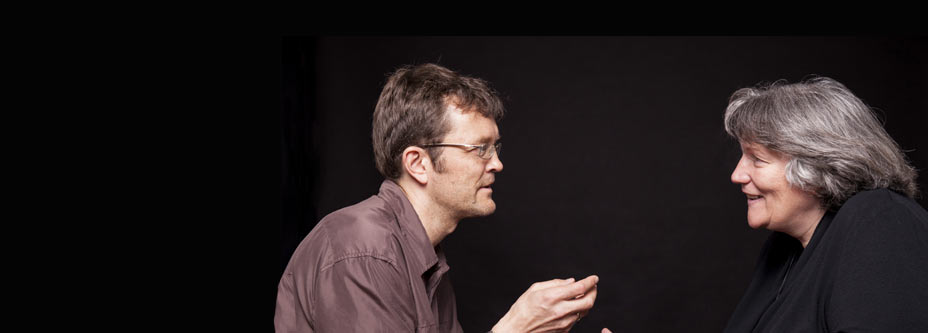
Talking sense
How our brains convert the information they gather from the world into language is probably not something most people have ever thought about, but it is the focus of a research project based at the University of Otago.
The research is being undertaken by Associate Professor Alistair Knott, Dr Lubica Benuskova and Dr Martin Takac (Department of Computer Science), with support from a three-year grant from the Marsden Fund.
“We can talk about the things we see and the things we do but, even though it seems so easy, we don't know how it happens,” Knott explains. “We don't know how information that arrives in our senses, or in our motor system, gets converted into language.
“An obstacle for our understanding is that language and the sensorimotor system are traditionally studied in different disciplines – theoretical linguistics for language, neuroscience for sensorimotor processing. The goal of the Marsden project is to make connections between models of development in these separate areas.”
In a recently published book, Knott argued that language is closely connected to the processes by which we experience the world.
“The project will test this hypothesis by building a computer model of how babies learn to express their perceptual experiences in language,” he says.
The researchers believe the project can make significant contributions to our knowledge in both linguistics and neuroscience. By way of example, Benuskova says, “the models we develop may improve our understanding of language disorders such as aphasia and language delay”.
Photo: Graham Warman